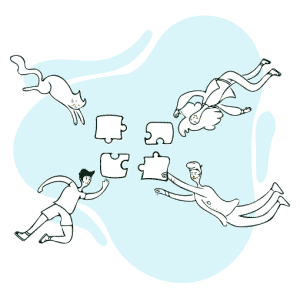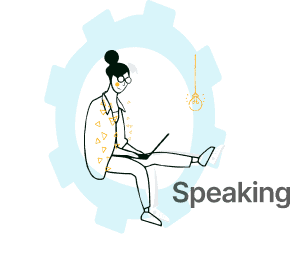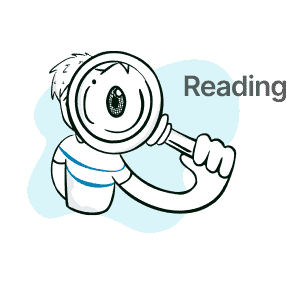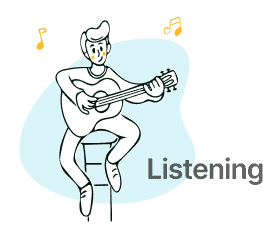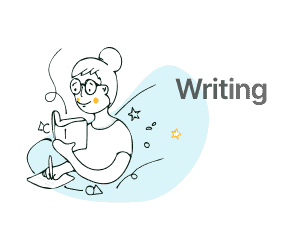Our method –
consistent language practice
Language acquisition happens in micro-moments of practice. Through consistent language practice, a student can naturally increase his language capacities. This correlates with the processing capabilities of the human brain. When an individual receives information, it gets stored in the sensory memory, where the information is temporarily held. Through repetition, the information can transfer to the long-term memory, where it seems to be retrained permanently and can be retrieved. Correspondingly, repetitive practice can help a student to gain proficiency in the language.
